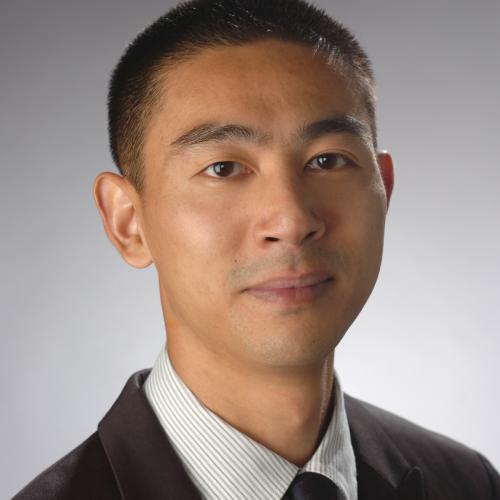Associate Professor Yang Wang has received a one-year, $100,000 grant from Meta for his project, "Global South Citizens' Privacy Perceptions and Management of Targeted Ads on Social Media." PhD students Smirity Kaushik and Yaman Yu and Informatics PhD student Tanusree Sharma will serve as co-investigators. The goal of the project is to learn from users in the Global South, with a focus on India and Bangladesh, about their experience with targeted ads.
"Users from marginalized communities tend to be disproportionally affected by practices such as user profiling and targeted advertising," said Wang. "While there is a large body of literature on users in western developed countries, we know little about users in the Global South. Through our project, we hope to uncover unique experiences and challenges faced by these individuals."
The researchers will consider four social media platforms (Facebook, Instagram, Twitter, and YouTube), because of their popularity in the Global South and their use of ads and ad-related privacy settings. The project will consist of a series of semi-structured interviews, large-scale surveys, and co-design sessions. Participants will be recruited through the doctoral student researchers' personal social networks, word of mouth, and social media communities.
"Our project is motivated by the cultural, economic, and development differences in the Global South, where the western definition of privacy is often not applicable," said Sharma. "Also, I represent an individual from an underrepresented group—women in a South Asian country, Bangladesh. This provides additional motivation to understand the culture in a better way while we can uniquely position ourselves to conduct this research and study the users."
Wang's research focuses on usable privacy and security technologies, social computing, human-computer interaction, and explainable artificial intelligence. He earned his PhD in information and computer science from the University of California, Irvine.


